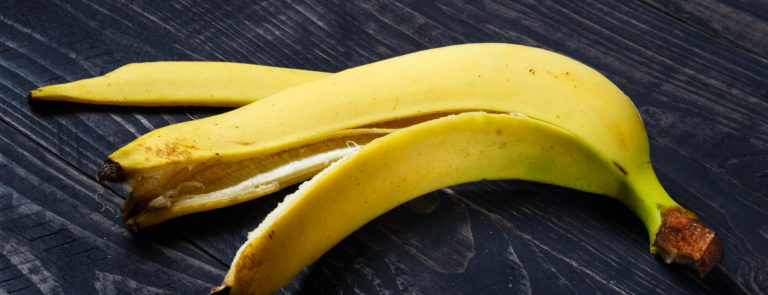15% off £35 OR 20% off £45
Code:FAVES
What are the benefits of eating buckwheat?

Buckwheat is very versatile & a common alternative for those on a gluten free diet. Not only is it versatile but it also has health benefits, find out more…
Summary
1 What is buckwheat?
Buckwheat is a highly nutritious source of protein, fibre and energy, and has become a versatile substitute for other gluten-filled grains...
2Buckwheat is gluten free
Buckwheat is completely free of gluten, once harvested, it is used in buckwheat tea or processed into flour, noodles and groats, can be used in...
3Is it beneficial to eat buckwheat?
One of the main benefits of eating buckwheat is its versatility. It can be used in most of the same ways as wheat, making it easy to swap it into...
As a nation, we are becoming increasingly conscious of what we are eating. This is not only from the perspective of trying to maintain a healthy weight, but also in the face of a rising number of intolerances and allergies. We now understand that a wide variety of health problems can stem from, and be exaggerated by, what we eat. One of the most common food intolerances comes from gluten.
This can range from a mild reaction of discomfort, all the way to celiac disease, so replacing the main source of gluten with something else makes perfect sense. With this in mind, we are collectively now exploring new food sources that can provides us with all the same nutrition, if not better, as well as negating some of the undesirable effects of the more traditional foods we have been used to eating. One such ‘new’ food is buckwheat. But what exactly is buckwheat and does eating it really offer you any benefits?
What is gluten?
Most of us have heard of gluten, or we have at least seen the gluten-free labels in the supermarket, but how many of us actually know what it is? In simple terms, gluten is a protein found in wheat, rye, barley and triticale.1 It is the glue that gives foods their shape and can be found in bread, pasta, beer and cereal to name just a few examples.
Whilst many of us can tolerate gluten without a problem, some find that their body treats gluten as a foreign invader, causing the immune system to attack it, along with the lining of the gut, causing nutrient deficiencies and severe digestive issues. The most common problems anyone with a gluten intolerance are likely to notice are bloating, diarrhoea, constipation, fatigue and abdominal discomfort.2 This can be incredibly difficult to live with and so many are now search for the best gluten alternative.

What is buckwheat?
Buckwheat is a highly nutritious source of protein, fibre and energy, and has become a versatile substitute for other gluten-filled grains. Despite its name, buckwheat is not actually a wheat; it is a fruit seed that is more closely related to sorrel, knotweed and rhubarb. It has grain-like seeds and is known as a pseudocereal, which means it is consumed as a cereal grain even though it does not grow on grasses.
Buckwheat is gluten free
Buckwheat is completely free of gluten and is mainly grown in the northern hemisphere, with some of the largest producers being Russia, Kazakhstan, China and Central and Eastern Europe. Once harvested, it is used in buckwheat tea or processed into flour, noodles and groats, which can be used in the same way as rice.
Is it beneficial to eat buckwheat?
One of the main benefits of eating buckwheat is its versatility. It can be used in most of the same ways as wheat, making it easy to swap it into your diet.
Buckwheat nutrition
In addition to helping to resolve issues with gluten, buckwheat also has a high mineral and antioxidant content. Buckwheat is also great for heart health as it boasts magnesium, copper and rutin.3 This nutritious superfood has such a range of benefits that it is a popular choice for many people, and not just those who have issues with gluten.
By supporting our gut health as well as providing many of the valuable nutrients that our bodies need, it can also play a part in helping with weight loss as well as general well-being. Of course, there are no guarantees that any change of diet will work for you, so replacing one thing at a time will help you to identify what gives you the best results. It is important to remember that you can still have an allergy to buckwheat, so you may wish to monitor your body’s reaction to this new food.
Related Articles
Shop by wellness goal
Sign up for exclusive offers
Plus, get expert advice to support your health & wellness straight to your inbox when you sign up to Holland & Barrett emails.
Read our
privacy policy













